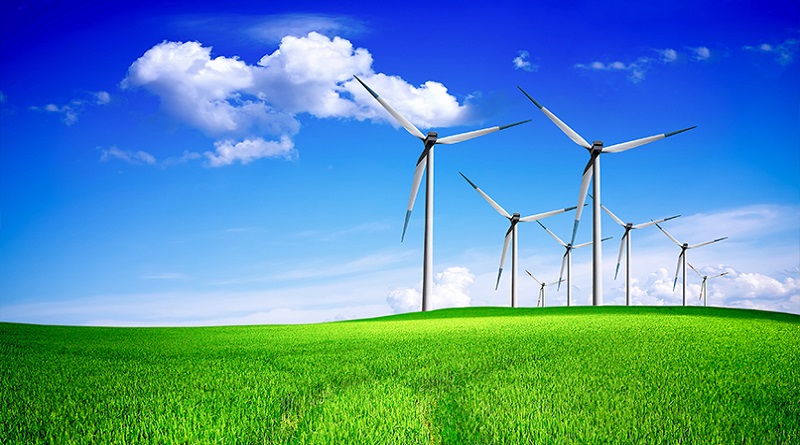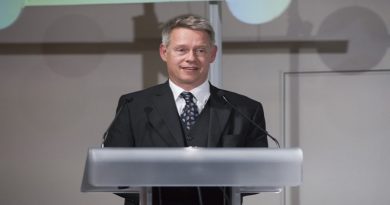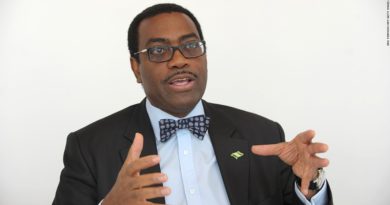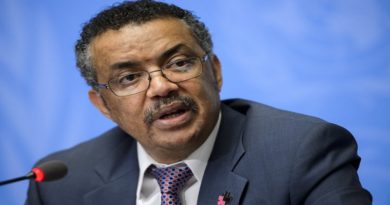UN initiates five-year strategy to speed delivery of affordable, clean energy
Sustainable Energy for All – the global, multi-stakeholder platform that played a core role in putting universal access to modern energy services at the heart of the Sustainable Development Goals (SDGs) and Paris climate agreement – is shifting gear with a new five-year strategy that will drive action and deliver on those promises.
The Strategic Framework for Results 2016-21, titled ‘Going Further, Faster’, was backed today by Sustainable Energy for All’s Advisory Board of high-level figures from the public and private sectors and civil society, co-chaired by UN Secretary-General Ban Ki-moon and World Bank Group President Jim Yong Kim.
“The new Sustainable Energy for All strategy provides a powerful tool for delivering on the promises of the Sustainable Development Goals and the Paris Agreement. Affordable, clean energy is the golden thread that links economic growth, increased social equity and a healthy environment,†Secretary-General Ban said.
“To achieve universal access to clean, affordable energy we need to unlock hundreds of billions of dollars in finance,†said President Kim. “This can only happen if we take a truly innovative approach to building public-private partnerships and mobilizing investment. SE4All is well positioned to be a critical player in expanding access to clean and affordable energy to all.â€
Rachel Kyte, Sustainable Energy for All’s Chief Executive Officer and Special Representative of the Secretary-General for Sustainable Energy for All, said: “We will empower leaders to go further, faster by brokering partnerships and unlocking finance. This will help us secure an energy transition that is clean, affordable and just – because no one must be left behind.â€
Energy is central to social and economic well-being, yet 1.1 billion people have no access to electricity, while 2.9 billion have to cook with polluting, inefficient fuels such as firewood. Without rapid progress on SDG7, which calls for “affordable, reliable, sustainable, and modern energy for allâ€, it will impossible to deliver on other SDGs by 2030. At the same time, energy is the dominant contributor to climate change.
Meeting this dual challenge – reducing the carbon intensity of energy while making it available to everyone – requires a radical rethink of the way we produce, distribute and consume energy, and this is central to Sustainable Energy for All’s strategic approach. Its three objectives are to: ensure universal access to modern energy services; double the global rate of improvement in energy efficiency; and double the share of renewable energy in the global energy mix.
The new strategy marks a turning point, building on Sustainable Energy for All’s strong advocacy role ahead of the SDGs and Paris Agreement to embark on a new phase where the emphasis is on helping partners to take rapid, tangible action on those agreements.
It states that “Sustainable Energy for All empowers leaders to broker partnerships and unlock finance to achieve universal access to sustainable energy, as a contribution to a cleaner, just and prosperous world for allâ€.
Key points include the following:
Sustainable Energy for All is developing ‘heat maps’ based on data from its Global Tracking Framework – developed by a coalition led by the IEA and World Bank Group – to help focus resources where they can have most impact. While every country matters, the heat maps offer a framework for identifying those where action is most needed, and where successes can inform solutions elsewhere.
Sustainable Energy for All will work to mobilise the huge investment needed to achieve the three objectives, estimated to be at least one trillion dollars annually – a tripling of current flows. It will work with others to help develop robust pipelines of bankable projects, an enabling policy climate, ways to address investor risk and financing approaches that can unlock the right type of capital at the right time.
It will catalyse action on energy access through both grid connections and decentralised solutions.
It will encourage governments to take an ‘energy efficiency first’ approach in policy planning, making this so-called first fuel an integral part of holistic energy systems.
It will help leaders to scale up renewable energy by leveraging the work of its partners and celebrating success stories.
It will help leaders to make the right choices on energy policy and action, supporting the exchange of ideas, data, evidence and best practice.
It will take an inclusive, people-centred approach, ensuring that the voices of the energy poor are heard and that women are full participants and beneficiaries.
As a global platform, it will create a space where new partnerships can be created, questions can be aired, solutions explored and successes celebrated.
Sustainable Energy for All, first created in 2011 as an initiative of Secretary-General Ban Ki-moon, will keep his call to action alive as a Quasi-international Organization with a strong and structured relationship to the United Nations.
The full strategy document will be unveiled at the Business and Climate Summit in London on June 28.




